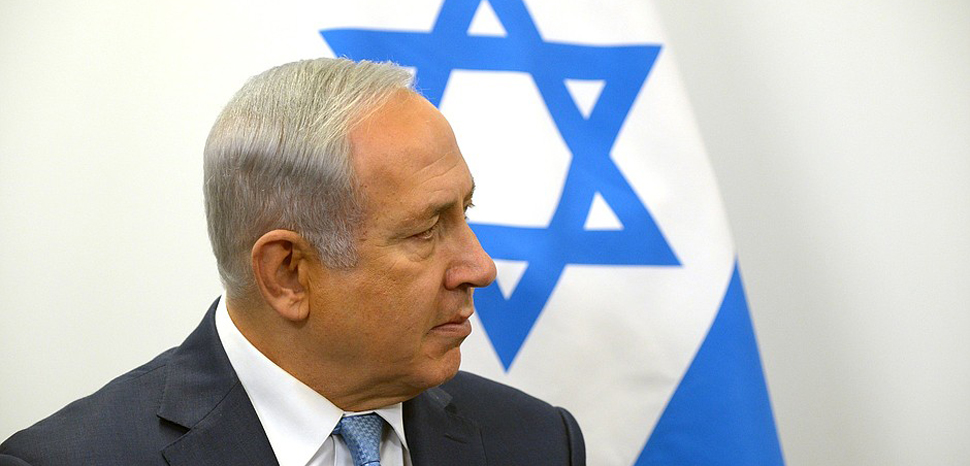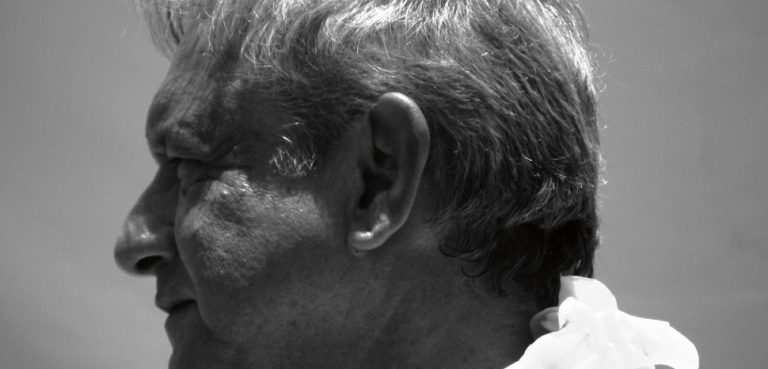Following the surprise resignation of former Defense Minister Avigdor Lieberman (Yisrael Beiteinu) in protest at what he regarded as Israel’s weak capitulation in agreeing to a ceasefire after an almost unprecedented barrage of Hamas rocket fire from Gaza, two of Netanyahu’s key coalition partners, Justice Minister Ayelet Shaked and Education Minister Naftali Bennett (Jewish Home / Bayit Yehudi) staged a brief and unsuccessful coup attempt.
Two days after Lieberman’s shock resignation, Bennett met with Netanyahu regarding the former’s “demand” to be named defense minister. Evidently, the meeting didn’t go as Bennett had planned. After a weekend of feverish speculation in the Hebrew-language press that the country was headed for early elections, Shaked and Bennett announced a press conference in the Knesset for the following morning.
In the background, the Jewish Home leaders had issued Netanyahu with an ultimatum—this time asserting that if the prime minister didn’t reconsider his rejection of their demand to name Bennett the new defense minister, they would resign and thereby topple the government.
The fall of the government was looking like a certainty at this point.
What happened next, however, took the country by surprise. In an embarrassing about-face at the press conference, the pair retracted their threat, saying that instead, and in the interests of the stability of the state, they would allow the current government to die a natural death (Knesset elections must be held in less than a year by law). For those enjoying the spectacle from the sidelines, it seemed the popcorn had been popped just a little bit prematurely.
At his own press conference that evening, designed to coincide precisely with Israel’s prime-time news slot, Netanyahu appointed himself the country’s replacement minister of defense.
The government had been saved, but only via the greatest concentration of power in a sitting cabinet arguably since the foundation of the state.
How many portfolios is too much?
Besides currently serving his third successive term as prime minister, a tenure approaching ten years (in addition to a previous three-year-stint as the country’s ninth prime minister before being replaced by Ehud Barak), Netanyahu is now Israel’s minister of foreign affairs, minister of defense, and minister of health. The count would be even higher had Netanyahu not ceded his position as minister of communications to Ayoob Kara (a fellow Likudnik) following a criminal investigation into his relationship with a major media publisher.
This would be a worrying enough concentration of power in itself, had Netanyahu not also allegedly recently intoned that he was “ready to leave my position tomorrow as prime minister, but I have no one to leave the keys to.” Or with the seeming sense of normality with which the Israeli press now routinely refers to “Prime Minister and Defense Minister Benjamin Netanyahu” (to introduce him by his full title “Prime Minister, Defense Minister, Minister of Foreign Affairs, and Minister of Health…” might echo too starkly of North Korea).
For those concerned about the vitality of democracy in Israel, there is therefore a threat to countenance besides the growing power of the ultra-religious parties, who see the country’s future as a theocracy to be governed by Jewish religious law (recent municipal elections saw Moshe Lion, a candidate considered close to the ultra-orthodox community, prevail over his secular challenger in Jerusalem, seemingly cementing the capital city’s future as a right-wing religious enclave).
Netanyahu’s ability to repeatedly grant himself strategic portfolios whenever he feels that he has “no one to hand the keys to”—and without providing a timeline or commitment to appoint a successor—has become a staple of Israeli political life.
With his many portfolios, Netanyahu now simultaneously wields ultimate control over the Israel Defense Forces, the country’s diplomatic corps, as well as all state organs subsumed directly under the authority of the Prime Minister’s Office (PMO), which include both Mossad and Shin Bet, Israel’s internal intelligence agency. That’s not to mention the country’s health system, of which Netanyahu is also the current titular head.
What’s next at the top?
With Israel’s population leaning toward right-wing, conservative parties, and primarily concerned with the perceived existential threat that Iran’s nuclear program poses, Netanyahu’s reign at the top of both the country and his pick of its strategic ministries shows no signs of changing—whether the government falls early or on schedule. “I don’t like Netanyahu, but don’t have faith in any of the alternatives,” is an oft-heard refrain from the Israeli public. At this stage, the two outstanding corruption charges facing the prime minister (“Case 2000” concerning Netanyahu’s alleged bribery of a major news publisher and “Case 1000” concerning gifts he allegedly received from a Hollywood mogul) seem like the most likely routes to regime change in the country.
Irrespective of how long Netanyahu remains at the helm of a growing array of Israel’s leading institutions, the string of developments that Lieberman’s resignation brought about have shone fresh light on a worrying lack of checks and balances within Israel’s executive branch.
Relative to comparable democracies, Israel’s cabinet has always been marked by ministers holding concurrent portfolios which often come close to throwing up conflicts of interest (David Ben Gurion, Israel’s first prime minister, was also its first minister of defense).
But the self-appointment system that the Netanyahu era has heralded, in which coalition partners are stripped of their portfolios in acts of thinly disguised political vengeance, as well as the growing and unfettered power of a figure who believes himself to be uniquely capable of leading the country, are both worrisome developments that should be vigorously resisted by all who care about the country’s democratic future.
The opinions, beliefs, and viewpoints expressed by the authors are theirs alone and don’t reflect the official position of Geopoliticalmonitor.com or any other institution.




